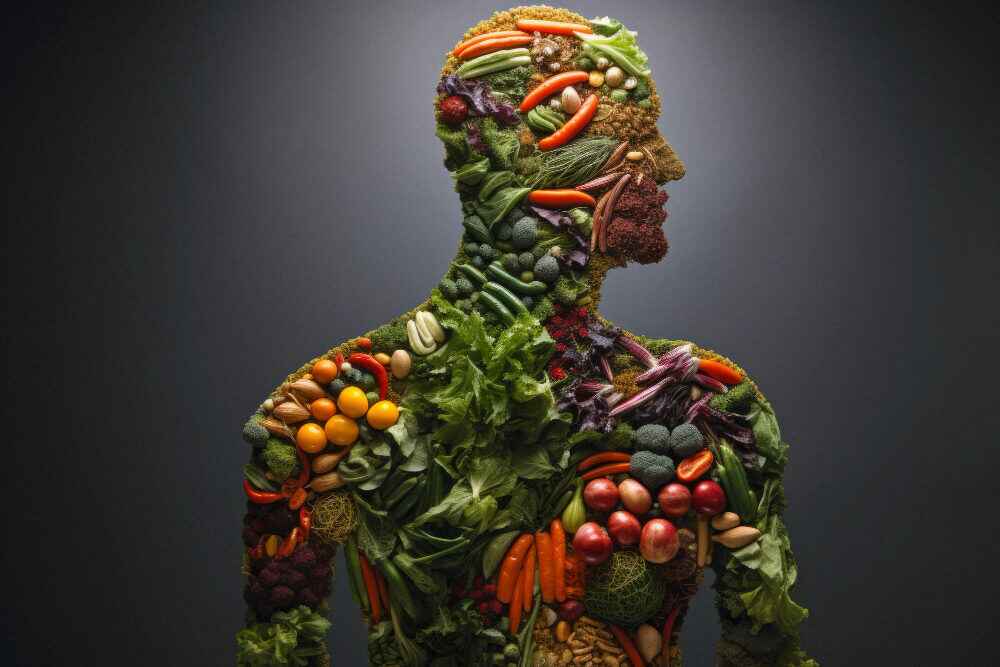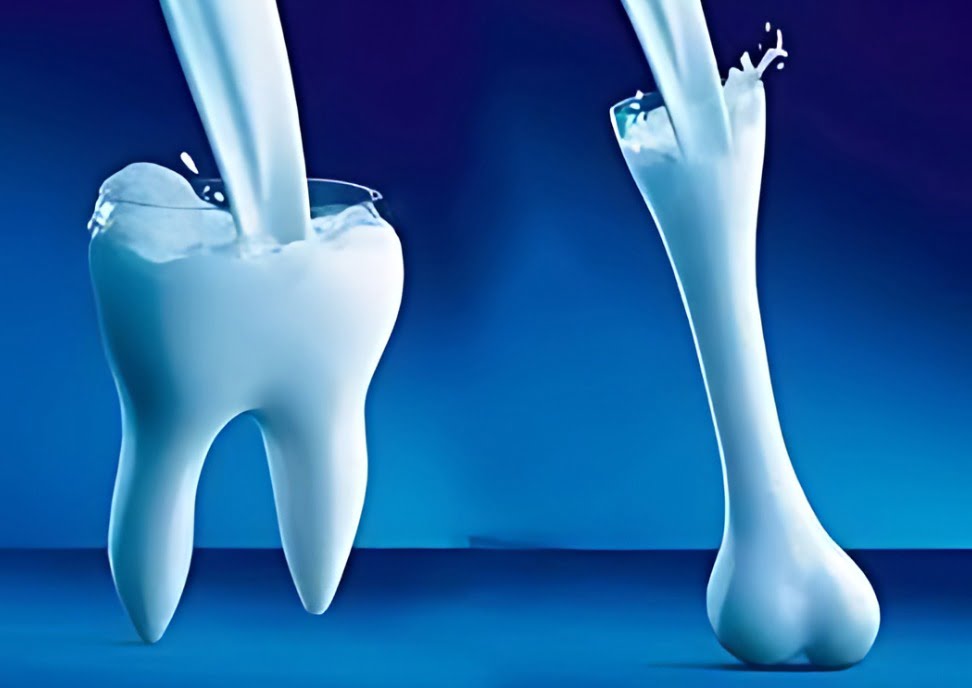In the pursuit of optimal health, the significance of a balanced diet cannot be overstated. For Men, maintaining good health is essential to lead an active and fulfilling life. While regular exercise and adequate rest play vital roles, the foundation of a healthy lifestyle lies in the foods we consume. From enhancing energy levels to supporting muscle growth and overall well-being, the right dietary choices can make a significant difference in men’s health.
In this article, we explore a selection of nutrient-rich foods that not only tantalize the taste buds but also serve as potent allies in promoting men’s health. Incorporating these foods into your daily diet can help boost energy, improve heart health, enhance cognitive function, and fortify the body’s defenses against illness and disease.
Lean Protein: Fueling Muscle Growth
One of the cornerstones of a healthy diet for men is lean protein. Foods such as chicken breast, turkey, fish, tofu, and legumes are excellent sources of protein. Protein is essential for repairing and building muscle tissue, making it especially important for men who are active or engage in strength training exercises. Additionally, protein-rich foods help keep you feeling full and satisfied, making them a valuable component of any balanced meal or snack.
Colorful Fruits and Vegetables: Nourishing Vitality
Incorporating a variety of colorful fruits and vegetables into your diet provides a wealth of essential vitamins, minerals, and antioxidants. These nutrients play key roles in supporting overall health and vitality. Fruits and vegetables are low in calories and high in fiber, making them ideal for weight management and digestive health. They also contain phytonutrients, natural compounds that have been shown to reduce inflammation, boost immune function, and protect against chronic diseases such as heart disease and cancer. Aim to include a rainbow of fruits and vegetables in your meals to maximize nutritional benefits.
Whole Grains: Sustaining Energy Levels
Whole grains, including oats, quinoa, brown rice, and barley, are rich in fiber and complex carbohydrates. Unlike refined grains, which are stripped of their nutrient-rich bran and germ layers during processing, whole grains retain their natural fiber, vitamins, and minerals. This makes them a superior choice for sustaining energy levels and promoting feelings of fullness and satiety. Incorporating whole grains into your diet can help stabilize blood sugar levels, improve digestive health, and reduce the risk of chronic diseases such as type 2 diabetes and heart disease.
Healthy Fats: Supporting Heart Health
Contrary to popular belief, not all fats are created equal. Healthy fats, found in foods such as avocados, nuts, seeds, and olive oil, play a crucial role in supporting heart health and overall well-being. These fats are rich in monounsaturated and polyunsaturated fatty acids, which have been shown to lower LDL (bad) cholesterol levels and reduce the risk of heart disease. Incorporating healthy fats into your diet can also help improve brain function, enhance skin health, and support hormone production. Aim to include sources of healthy fats in your meals and snacks to reap their numerous health benefits.
Nuts and Seeds: Boosting Brain Function
Nuts and seeds are nutritional powerhouses packed with healthy fats, protein, fiber, vitamins, and minerals. These nutrient-dense foods have been linked to numerous health benefits, including improved brain function, reduced inflammation, and enhanced heart health. Nuts such as almonds, walnuts, and pistachios are rich in omega-3 fatty acids, which are essential for brain health and cognitive function. Seeds such as flaxseeds, chia seeds, and pumpkin seeds are excellent sources of antioxidants and essential nutrients like magnesium and zinc. Incorporating a variety of nuts and seeds into your diet can help support overall health and well-being.
Dairy or Dairy Alternatives: Strengthening Bones
Dairy products such as milk, yogurt, and cheese, as well as fortified plant-based alternatives like almond milk and soy yogurt, are excellent sources of calcium and vitamin D. These nutrients are essential for maintaining strong and healthy bones, which is particularly important for men as they age. Adequate calcium and vitamin D intake can help reduce the risk of osteoporosis and fractures later in life. Additionally, dairy products provide high-quality protein and essential nutrients such as potassium and phosphorus. Incorporating dairy or dairy alternatives into your diet can help support bone health and overall well-being.
Hydration: The Unsung Hero
While not technically a food, proper hydration is paramount for maintaining overall health and well-being. Water is involved in nearly every bodily function, from regulating body temperature to aiding digestion and nutrient absorption. Dehydration can lead to fatigue, headaches, and decreased physical and cognitive performance. For men, staying hydrated is especially important, as they tend to have higher fluid needs due to factors such as muscle mass and physical activity levels. Aim to drink plenty of water throughout the day, and consider incorporating hydrating foods such as fruits and vegetables into your diet to support optimal hydration levels.
The Key Foods for Men's Health
Lean Protein: | |
Source: | Chicken, turkey, fish, tofu, legumes |
Dosage: | Regular intake as part of meals and snacks |
Benefits: | Essential for muscle repair and growth. |
Supports weight management and satiety. | |
Colourful Fruits and Vegetables: | |
Source: | Various fruits and vegetables of different colors |
Dosage: | Incorporate into meals and snacks daily |
Benefits: | Provide vital vitamins, minerals, and antioxidants. |
| Phytonutrients reduce inflammation and protect against diseases. | |
Whole Grains: | |
| Source: | Oats, quinoa, brown rice |
Dosage: | Regular consumption as part of meals |
Benefits: | Rich in fiber and complex carbs, stabilizes blood sugar. |
Improve digestion, and reduce disease risk. | |
Healthy Fats: | |
Source: | Avocados, nuts, olive oil |
Dosage: | Include in daily meals and snacks |
Benefits: | Lower LDL cholesterol, supports heart health. |
Improve brain function, skin health, and hormone production. | |
Nuts and Seeds: | |
| Source: | Almonds, walnuts, flaxseeds, chia seeds |
Dosage: | Enjoy as snacks or add to meals regularly |
Benefits: | Provide omega-3 fatty acids, magnesium, and zinc for brain function and heart health. |
Reduce inflammation and enhance overall well-being. | |
Dairy or Dairy Alternatives: | |
| Source: | Milk, yogurt, cheese, almond milk, soy yogurt |
Dosage: | Consume daily for calcium and vitamin D intake |
Benefits: | Rich in calcium, and vitamin D for strong bones. |
Reduce osteoporosis and fracture risk. | |
Hydration: | |
| Source: | Water, hydrating fruits, and vegetables |
Dosage: | Drink water throughout the day, consume hydrating foods |
Benefits: | Regulate body functions and physical performance. |
Prevent dehydration and maintain optimal health. | |
In conclusion, the journey to optimal health and wellness is paved with mindful dietary choices and lifestyle habits. By incorporating these nutrient-rich foods into your daily diet and embracing a balanced lifestyle, men can take proactive steps towards safeguarding their health and vitality for years to come. Remember, small changes can yield significant results when it comes to nurturing your body and fueling your potential. Here’s to a healthier, happier you!
Join Cure and Craft:
Calling all healthcare professionals, medical students, and writers! Share your insights, experiences, and knowledge on our platform. Let’s craft informative articles together, shaping the future of healthcare. Connect, inspire, and enlighten our audience.





